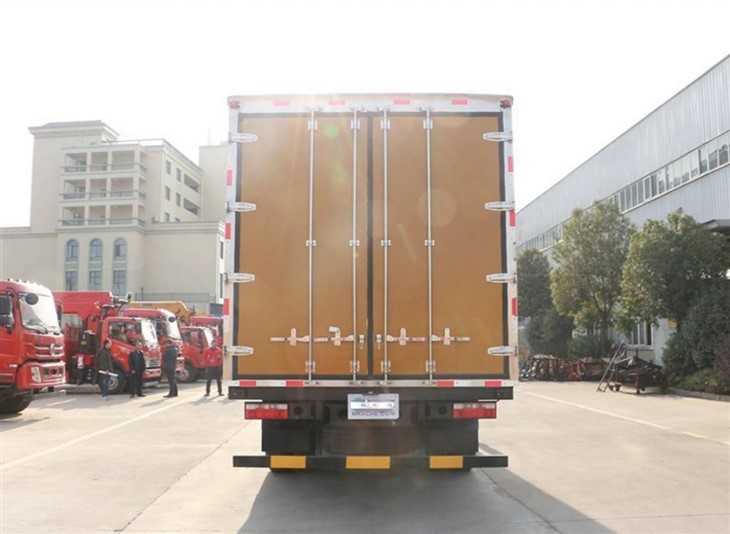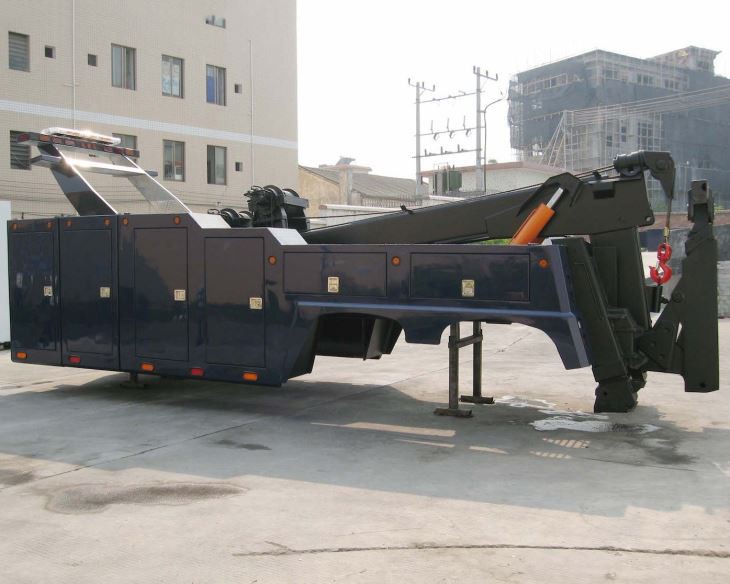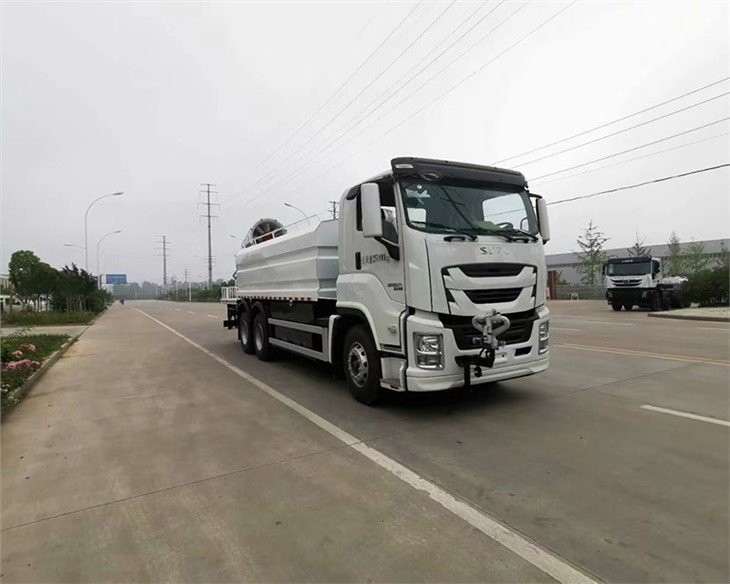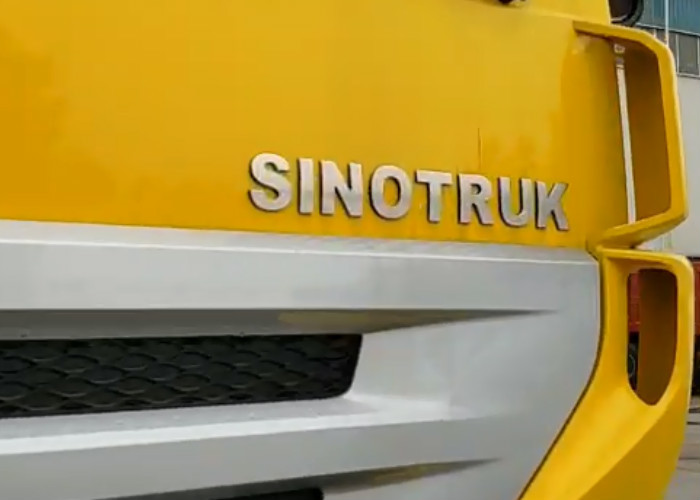Trucks are crucial in the transportation and logistics industry, and among the various types of commercial vehicles, the 10 wheeler stands out for its versatility and capacity. This article delves deep into the world of 10 wheeler trucks, covering their features, benefits, uses, maintenance, and much more. Whether you are a truck driver, logistics manager, or a trucking business owner, understanding the 10 wheeler can significantly enhance your operations.
What is a 10 Wheeler Truck?
A 10 wheeler truck is a commercial vehicle that has 10 wheels (5 axles) and is designed for various hauling and transportation tasks. These trucks are typically used for heavier loads due to their robust structure and power. They are commonly found in construction, logistics, and freight industries.
Types of 10 Wheeler Trucks
There are several types of 10 wheeler trucks, each serving different purposes:
- Flatbed Trucks: Suitable for transporting oversized loads and construction materials.
- Dump Trucks: Used in construction sites for transporting loose materials like sand, gravel, or dirt.
- Box Trucks: Ideal for logistics and moving services, providing enclosed space for cargo.
- Water Tankers: Used for construction sites or agricultural purposes to carry water.
Key Features of 10 Wheeler Trucks
Understanding the specifications and features of 10 wheeler trucks can help buyers make informed decisions. Here are some key features:
Load Capacity
The load capacity of a 10 wheeler truck typically ranges from 15,000 to 30,000 pounds depending on the truck model and configuration. It can transport a substantial amount of goods in a single trip, making it a cost-effective option for businesses.
Engine Power
10 wheeler trucks usually come with diesel engines that provide high torque and horsepower. Common engine sizes range from 6.7 to 12 liters, allowing for heavy-duty performance.
Dimensions
| Dimension | Typical Measurement |
|---|---|
| Length | 24 to 30 feet |
| Width | 8.5 feet |
| Height | 9.5 feet |
Benefits of Using a 10 Wheeler Truck
Choosing to use a 10 wheeler for transportation offers multiple benefits:
Versatility
10 wheelers can be used for a wide range of applications, including construction, logistics, and agricultural transport, making them suitable for various industries.
Cost Efficiency
With their ability to carry significant loads, 10 wheeler trucks can reduce the number of trips required for transporting goods, thereby lowering fuel and operational costs.
Stability and Safety
Thanks to their 10 wheels and multiple axles, these trucks offer enhanced stability on the road, which is especially important when carrying heavy or oversized loads.
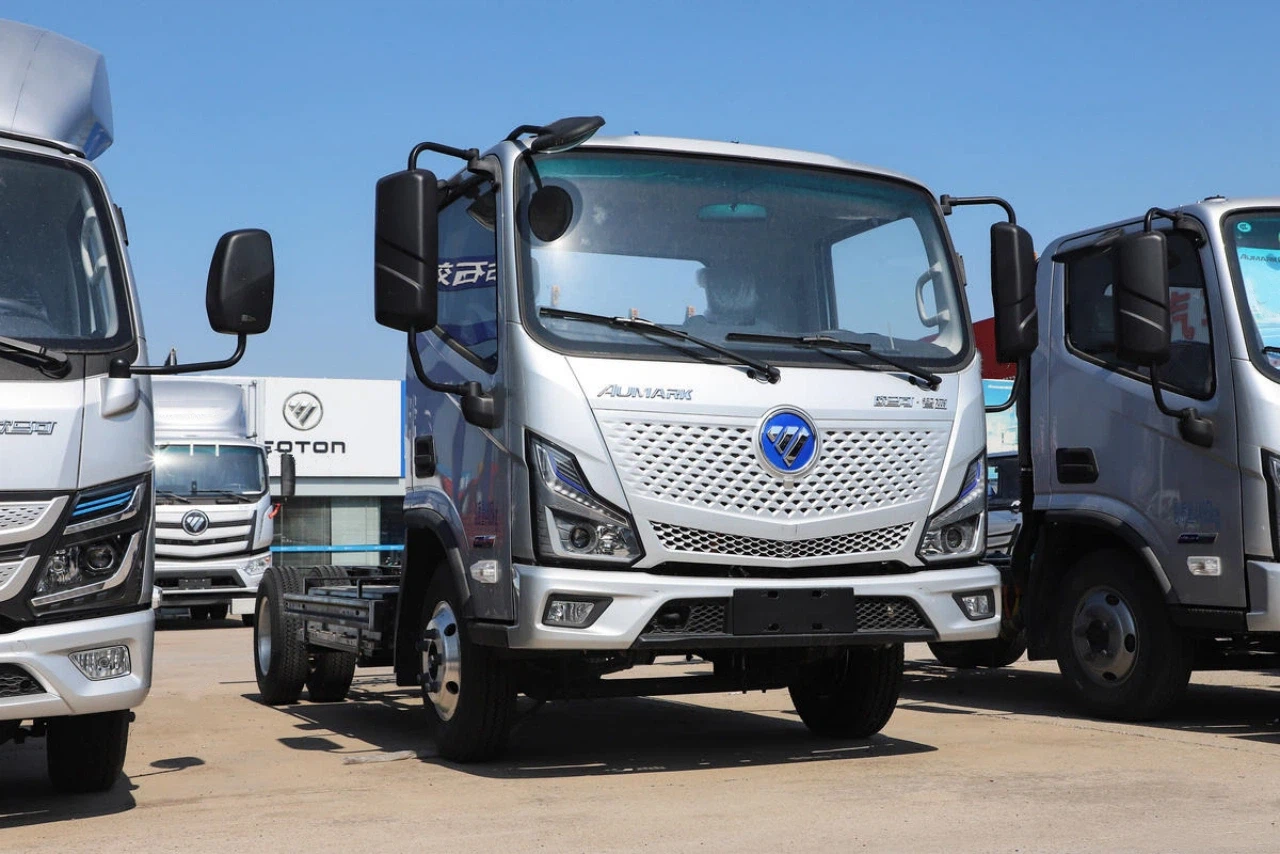
Popular Brands of 10 Wheeler Trucks
Several manufacturers are known for producing high-quality 10 wheeler trucks. Some of the popular brands include:
- Freightliner: Known for their robust and reliable models.
- Kenworth: Offers a range of customizable options for different needs.
- Peterbilt: Recognized for comfort and performance.
- Volvo: Known for fuel efficiency and advanced safety features.
10 Wheeler Truck Maintenance Tips
Regular maintenance is critical to the longevity and performance of a 10 wheeler truck. Here are some essential maintenance tips:
Routine Inspections
Conduct regular inspections of the engine, brakes, tires, and other critical components. Catching issues early can prevent costly repairs later.
Fluid Checks
Regularly check and change the oil, coolant, and transmission fluids as per the manufacturer’s schedule to ensure optimal engine performance.
Tire Care
Check tire pressure regularly, monitor tread wear, and rotate tires as needed to maintain good traction and fuel efficiency.
Common Uses for 10 Wheeler Trucks
10 wheelers are employed in various sectors due to their load capacity and versatility. Here are some common applications:
Construction
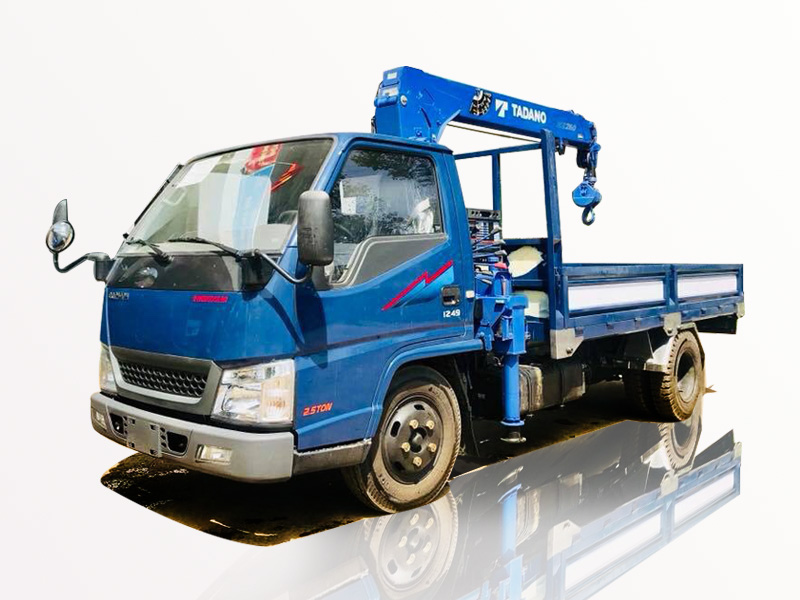
Dump trucks and flatbed versions are prevalent in construction sites for transporting materials such as sand, bricks, and machinery.
Logistics and Freight
Box trucks are often used for delivering products and materials across cities, serving as efficient freight carriers.
Agriculture
10 wheelers can transport agricultural products and equipment, making them essential in the farming sector.
Cost of 10 Wheeler Trucks
The cost of purchasing a 10 wheeler varies based on brand, model, and condition (new or used). Here’s a general breakdown:
| Condition | Price Range |
|---|---|
| New | $70,000 – $150,000 |
| Used | $30,000 – $100,000 |
While new trucks come with higher costs, they typically offer warranties and advanced features. Used trucks can be more affordable but require thorough inspections to ensure reliability.
Insurance for 10 Wheeler Trucks
Insurance for 10 wheeler trucks is essential to protect against liabilities and accidents. Here are some key points to consider:
Coverage Options
Insurance policies may include:
- Liability coverage: Covers damages caused to other vehicles or property.
- Physical damage coverage: Protects against damage to the truck itself.
- Cargo insurance: Covers loss or damage to the cargo being transported.
Factors Affecting Insurance Rates
Several factors can influence insurance premiums, including:
- The truck’s age and model
- The driver’s history and experience
- The types of loads being transported
FAQs About 10 Wheeler Trucks
What are the average fuel costs for a 10 wheeler truck?
The average fuel consumption for a 10 wheeler is around 6 to 10 miles per gallon, leading to fuel costs typically ranging from $3,000 to $7,000 per month depending on usage and fuel prices.
How much weight can a 10 wheeler truck legally carry?
A 10 wheeler truck can generally carry a maximum load of 26,000 to 30,000 pounds, though this can vary by state regulations.
Can a 10 wheeler truck be driven with a standard truck driver’s license?
No, driving a 10 wheeler truck typically requires a Commercial Driver’s License (CDL) due to its weight and operational features.
How is a 10 wheeler truck different from a 6 wheeler truck?
A 10 wheeler truck has more wheels and axles compared to a 6 wheeler, allowing it to carry heavier loads and providing better stability on the road.
What maintenance schedule should be followed for a 10 wheeler truck?
A maintenance schedule typically includes regular oil changes every 5,000 to 10,000 miles, tire rotations every 5,000 miles, and annual inspections for safety and performance.
Are there financing options available for purchasing a 10 wheeler truck?
Yes, many banks and financial institutions offer financing options, including loans and leases specifically designed for purchasing commercial trucks.

